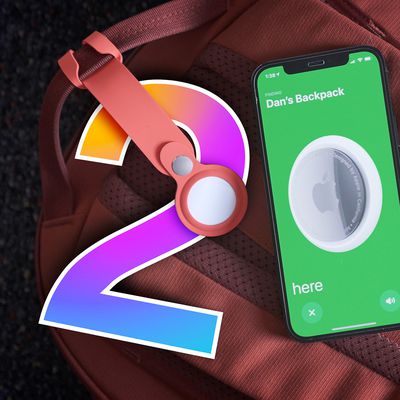
The Washington Post reports that the U.S. Federal Trade Commission has agreed to take a look at Apple's in app purchasing mechanism as complaints of children being able to spend hundreds of dollars on in-game purchases have continued to rise. The review is being sparked by a letter from U.S. Represenative Ed Markey expressing concern over how such purchases are being marketed to young children who do not understand the money involved.
FTC Chairman Jon Leibowitz wrote in a letter to Rep. Ed Markey (D-Mass.) that the practice of "in-app purchases" for certain applications on Apple iPhones, iPads and iPods raised concerns that consumers may not fully understand the ramifications of those charges. The Washington Post wrote about hefty charges amassed by children using Apple device games that public interest groups said should not be included in software geared for children. Some parents said their children didn't understand the difference between real and pretend purchases for items such as $99 barrels of Smurfberries on the Capcom Interactive game Smurfs Village.
"We fully share your concern that consumers, particularly children, are unlikely to understand the ramifications of these types of purchases," Leibowitz wrote. "Let me assure you we will look closely at the current industry practice with respect to the marketing and delivery of these types of applications."
In app purchases generally require the same password authentication process as regular App Store purchases, a step that should limit children's ability to purchase in-app content as long as their parents have not shared their iTunes Store passwords with them. But Apple has enabled a 15-minute unlock period following password authentication to allow users to make multiple purchases without having to enter their password every time. It is believed that the majority of these occurrences of children racking up large in app purchases have come after a parent had recently entered his or her password (such as in downloading the app for the child) and then handed the device over to the child, at which point the child could initiate in app purchases without the need to enter a password.
Apple has reportedly been considering lowering the password window from 15 minutes in hopes of reducing cases of children being able to spend money within applications. The company also offers parental controls built into iOS that allow adults to completely disable in app purchasing, although many casual users may be unaware of the option's existence.
























